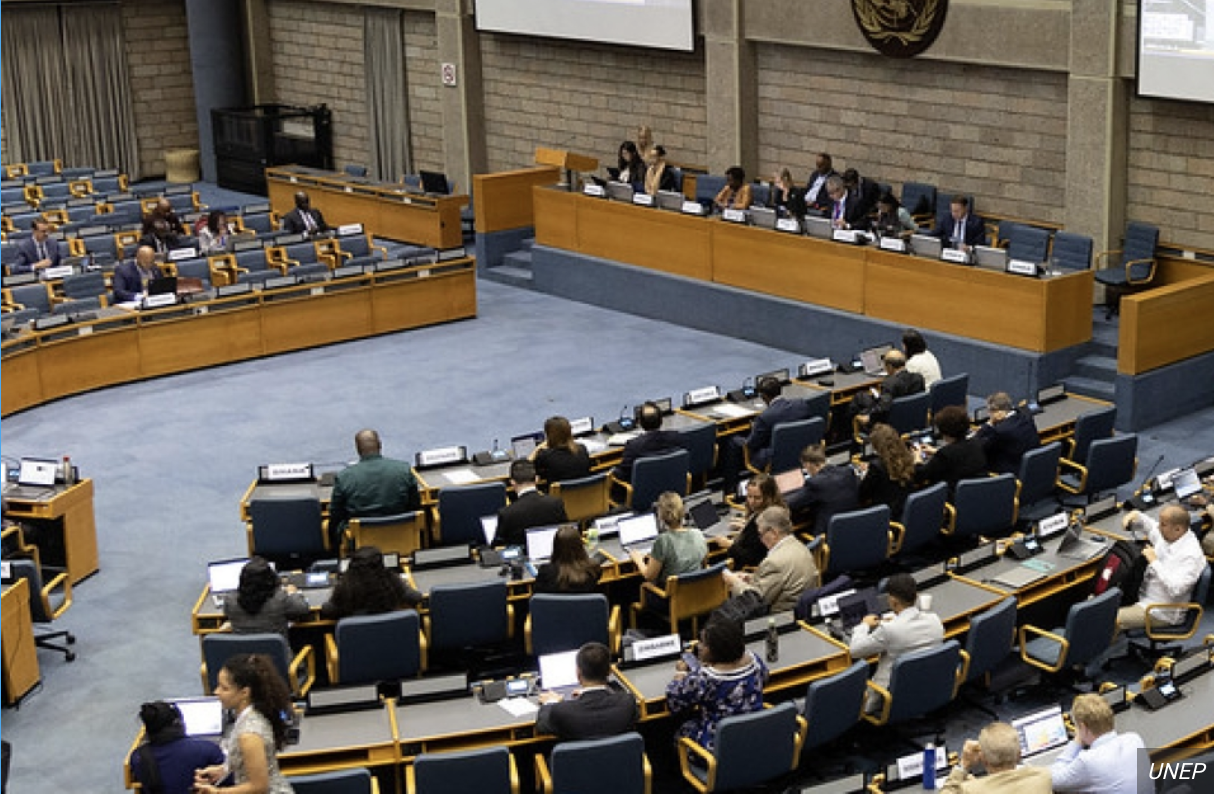
Cook Islands inaugural hosting of regional invasive species conference
The event will bring together over 70 invasive species professionals and practitioners from across the Pacific region and within the Cook Islands including Atiu and
The Rarotonga Environment Act 1994/95 was repealed by the Environment Act 2003 formalising the establishment of the NES.
The role of the National Environment Services is based on 5 main areas and has four main departments.
There is a suite of policies, strategies and plans developed over the years to enable environmental protection, conservation and management.
Our cultural identify is deeply rooted in our environment and it is part of our heritage and legacy.
An Environment Consent is a permission granted to an applicant undertaking an activity that has some but not significant environment impact.
A permission required for the construction of a standard residential dwelling or non-construction purposes such as land clearance.
A management tool used to identify the environmental, social and economic impacts of a project prior to decision making.
Any person planning to take any wild animal or plant overseas must apply for a permit for trade movement of endangered species (CITES).
All importers of bulk HFC goods must register as an approved importer with NES.
Other permits issued by NES relates to the transboundary movement of waste, ozone depletion substances and wildlife.
Biodiversity plans are important documents to manage and determine the state of our natural environment.
Protecting species, habitats, ecosystem, and protecting biological diversity.
Activities to protect, maintain, or restore the quality of environmental media.
Historical milestone for conservation in the Cook Islands
The Environment Act 2003 is the primary legislation applied throughout the Cook Islands and the Outer Islands (Pa Enua) of Aitutaki, Atiu, Mauke and Mitiaro.
Several subsidiary legislations made under the Environment Act 2003 to apply provisions of the Act and to also include the Pa Enua.
Numerous national legislations interlinked with the environment but administered by other government entities.

The event will bring together over 70 invasive species professionals and practitioners from across the Pacific region and within the Cook Islands including Atiu and

NES Director Halatoa Fua, attended the 11th annual subcommittee of Permanent Representatives (CPR), which is the working body of the secretariat, member states, and observers,

The team have completed over 20 comprehensive surveys, with ongoing efforts throughout this week to ensure comprehensive community participation. Participation in the survey is voluntary

In June 2024, Benjamin Maxwell, Senior Environmental Compliance Officer from the National Environment Service represented the Cook Islands at a series of critical international environmental

Hayley Weeks, NES Manager of Environmental Partnerships, attended UNCCD’s third Intergovernmental Working Group on the Midterm Evaluation (IWG-MTE) of its 2018-2030 Strategic Framework recently concluded

The Pacific Regional Invasive Species Management Support Service (PRISMSS) has been implementing activities in the Cook Islands through two PRISMSS programmes thus far.

The Cook Islands continues to actively engage in the Pacific Region networking meeting for the Montreal Protocol on substances that deplete the ozone layer.

The Cook Islands’ Climate negotiators are advocating for customised financial assistance under Article 2.1 (c) of the Paris Agreement highlights our leadership role in the